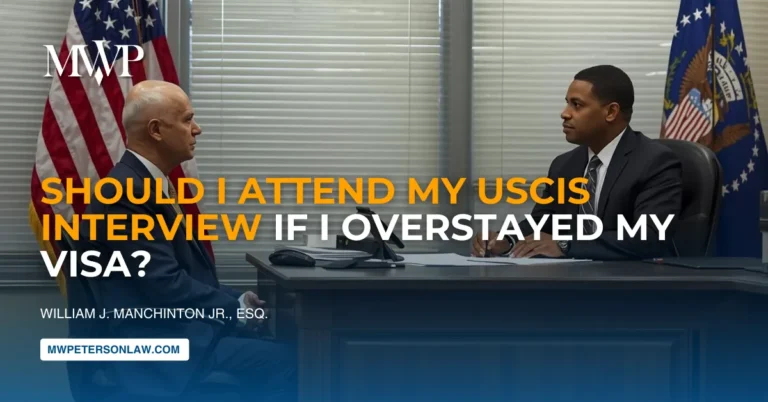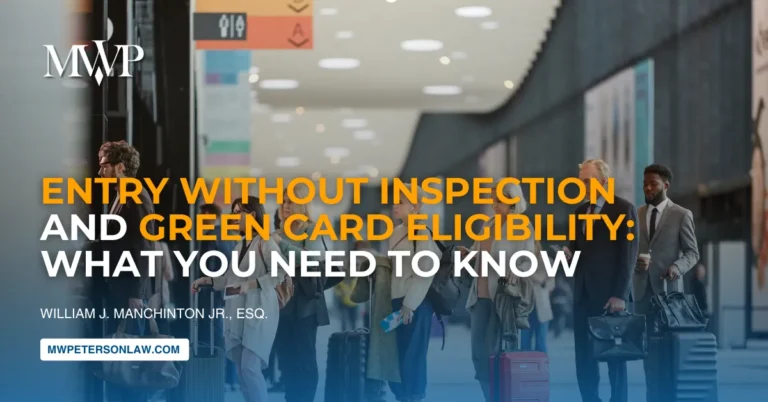Overview of PreTrial Diversion in Massachusetts
Pretrial diversion allows some people charged with crimes to escape criminal prosecution and have the case dismissed, as long as they complete a required program. Although not everyone is eligible, it is critical to find a criminal defense attorney in Boston MA to request pretrial diversion if you are eligible. The Law Office of Matthew Peterson is here to guide and help you with legal matters.
Who is Eligible for Pretrial Diversion in Massachusetts?
To be eligible for pretrial diversion in Massachusetts, you must:
- Never have been convicted of any adult criminal offense in any state (other than minor traffic violations)
- Have no outstanding warrants anywhere
Generally, if you are charged with a felony or a serious violent offense, you are NOT eligible for pretrial diversion. Minor offenses such as drug possession, DUI, and assaults are generally eligible for pretrial diversion.
How Does Massachusetts Pretrial Diversion Work?
If you’re eligible for pretrial diversion, your attorney should request it at arraignment. Then, the judge can reset the case for 14 days to evaluate you for pretrial diversion.
You must hire a criminal defense attorney in Boston MA before your arraignment because, if you’re arraigned, you will generally not be eligible for pretrial diversion.
After the 14-day evaluation period, it’s up to the judge and the district attorney’s office whether to accept you to pretrial diversion. If you are accepted, you must agree to waive your speedy trial rights, and the judge orders you into a program and resets the case for 90 days.
You can be ordered to a wide variety of programs including, but not limited to:
- Medical
- Educational
- Vocational
- Social
- Substance use disorder treatment and psychological services
- Corrective and preventive guidance
- Training
- Performance of community service work
- Counseling
- Provision for residence in a halfway house or other suitable placement
These rehabilitative services are designed to protect the public and benefit the individual provided the court receives a recommendation from a program that you would benefit from participation in said program.
Depending on how you do after those 90 days, the judge could choose to dismiss the case, reset it again, continue the case without a finding, or make the case go back through the criminal process.
If you are accused of violating the program, there will be a hearing in front of the judge, and it will be up to them whether to allow you to remain in the program.
Next Steps
If you think you’re eligible for pretrial diversion, you should contact a criminal defense attorney in Boston MA as soon as possible to discuss your options.
Contact us today, and let’s get started on your defense. My office is located in Boston, Massachusetts, but I handle criminal cases, including larceny, in all Massachusetts courts. Contact us at (617) 295-7500.
Frequently Asked Questions (FAQs) about Pretrial Diversion in Massachusetts
1. What types of offenses are typically eligible for pretrial diversion?
Pretrial diversion is generally available for minor offenses, including misdemeanors such as drug possession, DUI, and certain assaults. However, eligibility can vary based on specific circumstances and the discretion of the judge.
2. How long does the pretrial diversion program last?
The duration of the pretrial diversion program can vary depending on the requirements set by the court and the specific program you are enrolled in. Generally, after being accepted, individuals are placed in a program for a minimum of 90 days.
3. What happens if I successfully complete the pretrial diversion program?
If you successfully complete the pretrial diversion program, the judge may dismiss your case, allowing you to avoid a criminal conviction. This outcome can significantly benefit your future, including employment opportunities and other legal matters.
4. Can I be recharged if I violate the terms of my pretrial diversion?
Yes, if you violate the terms of your pretrial diversion agreement, you may face a hearing in front of a judge. Depending on the circumstances and your compliance with the program, the judge may decide to revoke your participation and allow your case to proceed through the criminal justice system.
5. Is there a fee associated with participating in a pretrial diversion program?
Fees may vary depending on the specific program you are ordered to attend. Some programs may charge fees for enrollment or services rendered. It’s important to discuss any potential costs with your attorney to understand what financial obligations you may incur during the process.











